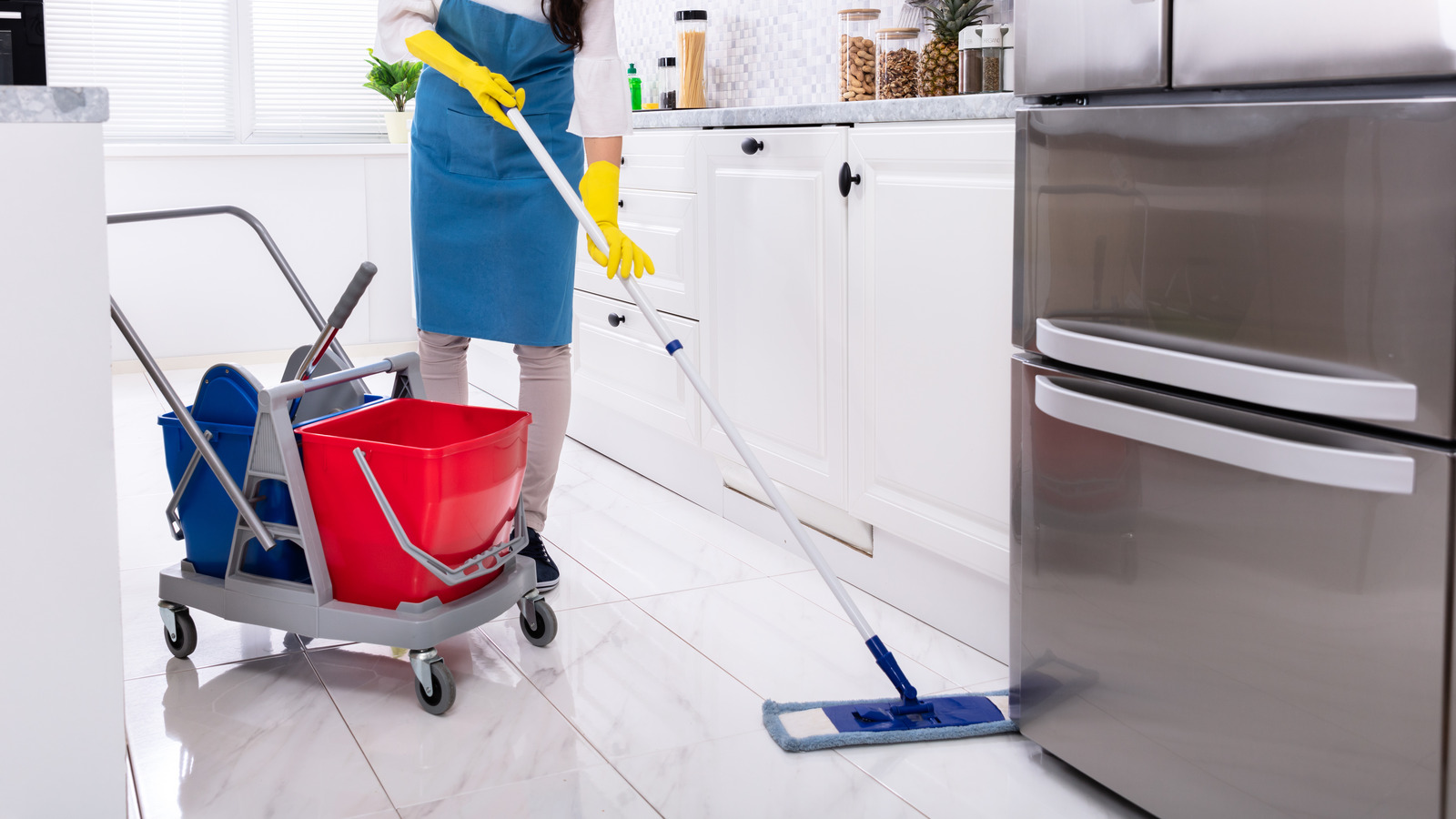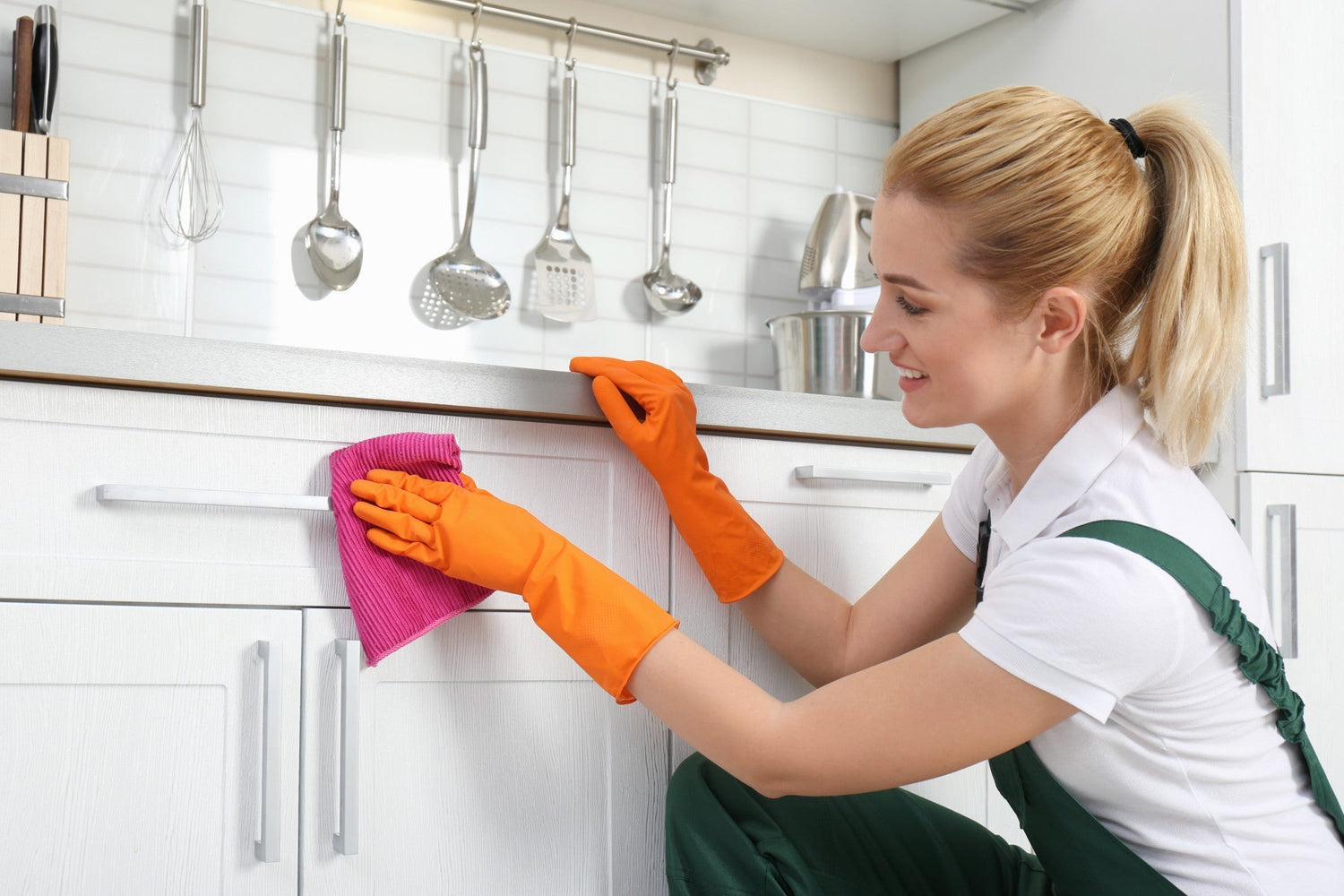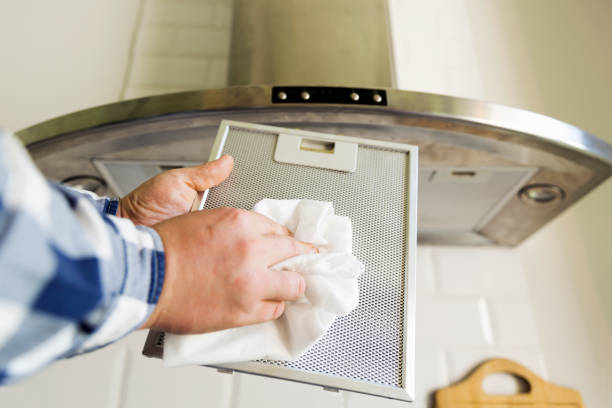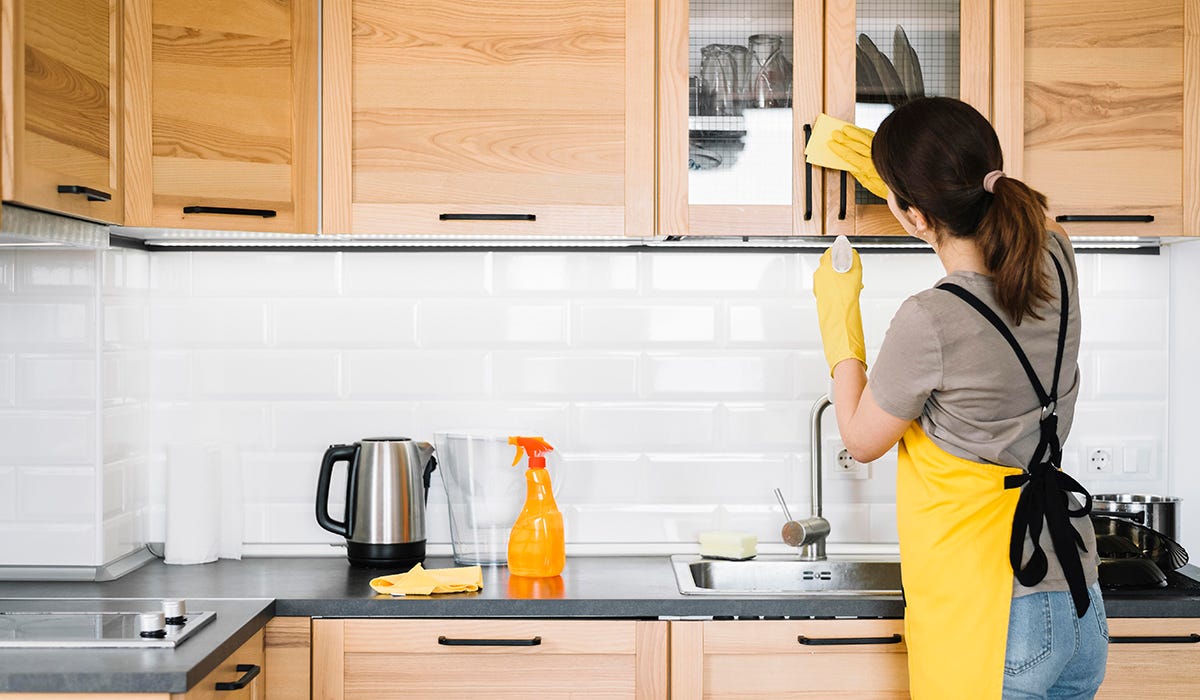Keeping your kitchen equipment in pristine condition is a priority for any kitchen professional. One of the most challenging tasks can be cleaning cast iron stove grates, especially after they become tarnished with heavy use. Learning how to clean cast iron stove grates with baking soda and vinegar is not only efficient but also uses common household items, making it a cost-effective solution.
Cast iron stove grates are celebrated for their ability to withstand high heat and provide even cooking. However, they are also susceptible to grime and grease buildup. In this article, we'll go deep into the methods of utilizing baking soda and vinegar to get your stove grates looking brand new.

Why Use Baking Soda and Vinegar?
Using baking soda and vinegar for cleaning is a natural approach that avoids harmful chemicals. Baking soda is mildly abrasive, making it great for scrubbing off residue, while vinegar serves as a powerful degreaser.
Gathering Your Supplies
Before diving into the cleaning process, you need to gather your supplies. You'll need:
- Baking soda
- White vinegar
- Scrub brush or steel wool
- Water
- Spray bottle
- Rag or paper towel
Step-by-Step Guide to Cleaning Cast Iron Stove Grates
Now that you have your supplies, follow these steps to achieve immaculate stove grates.
Step 1: Remove the Grates
Always start by carefully removing the grates from the stove. This will make it much easier to clean them without risking damage to your stove or the grates.
Step 2: Baking Soda Paste
Mix equal parts of baking soda and water in a bowl to create a paste. This paste will serve as your scrubbing agent. Apply a generous amount on the surfaces of the grates that require cleaning.
Step 3: Let It Sit
Allow the paste to sit for 10-15 minutes. This wait time enables the baking soda to break down tough grime.
Step 4: Scrub with Vinegar
After the baking soda has had time to work its magic, take your scrub brush or steel wool and gently scrub the grates. As you scrub, spray vinegar onto the grates; the mixture of baking soda and vinegar will help lift dirt and grease more effectively.
Step 5: Rinse Thoroughly
Once you are satisfied with the scrubbing, rinse each grate thoroughly with warm water to remove any remaining residues of baking soda and vinegar. Ensure the grates are clean before you proceed.
Step 6: Dry Completely
After rinsing, wipe the grates with a rag or paper towel. Make sure they are entirely dry before placing them back on the stove. This step is essential to prevent rusting.
Additional Cleaning Tips
Here are some extra tips to keep in mind:
- For severely burnt or stuck-on residue, consider letting the grates soak in a vinegar solution for a few hours before scraping.
- Always dry your cast iron grates thoroughly to prevent rust.
- Using a thin layer of vegetable oil on the grates after cleaning can help maintain the seasoning and prevent future sticking.

Frequently Asked Questions
Can I use soap on my cast iron grates?
While it is generally advised against using soap on seasoned cast iron as it can strip the seasoning, a small amount of mild soap is permissible occasionally.
How often should I clean my cast iron stove grates?
This typically depends on use. A good rule of thumb is to clean them thoroughly after every few uses or when they start to look dirty.
What if my grates are rusted?
If your cast iron grates develop rust, consider scrubbing them with steel wool and re-seasoning them before use.
For more tips on caring for your cast iron, check this guide on cleaning uncoated cast iron.
Taking the time to properly clean and care for your cast iron stove grates will ensure they remain functional and efficient for years to come. By mastering how to clean cast iron stove grates with baking soda and vinegar, youll not only prolong their life but also maintain a clean and healthy cooking environment for you and your team in the busy kitchen.
Discover further cleaning methods at The Spruce.
For ongoing guidance, don't forget to explore articles on cast iron smoking and discoloration issues. They are invaluable for understanding your cast iron expertise.
This article contains affiliate links. We may earn a commission at no extra cost to you.






Leave a comment
This site is protected by hCaptcha and the hCaptcha Privacy Policy and Terms of Service apply.